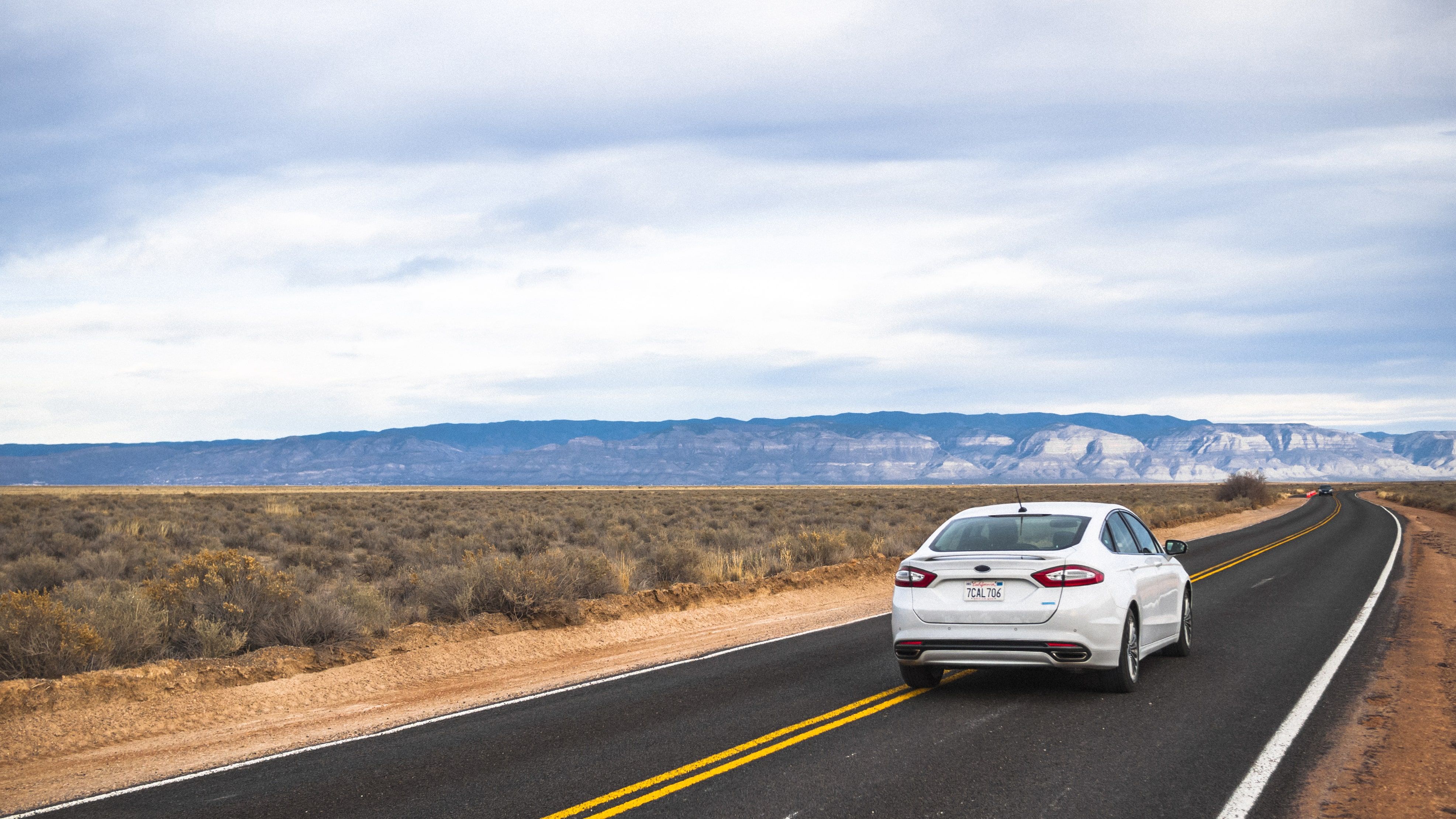Fine for Driving Without a License
- Author :
- TATA AIG Team
- ●
- Last Updated On :
- 28/02/2025
Driving without a license is a serious problem as it compromises the safety of the driver and other road users. Although India has strict laws and regulations, many people continue to drive without a valid license. Unlicensed drivers are more likely to cause accidents due to their lack of knowledge and experience and may not be aware of the traffic rules and regulations.
Therefore, to secure yourself and your vehicle from negligent drivers, it is advised to buy car insurance. In addition, measures are being taken to discourage drivers from driving without a valid license, such as incurring a fine for driving without a license in India. Let’s take a look at what the fine is for driving without a license, but before that, let’s understand why a driving license is so important in the first place.
The Importance of Driving License
A driving license is an important document that certifies that the holder has the legal right to drive a motor vehicle on public roads. Here are the reasons why the driving license is an important document:
It ensures that the driver has acquired the necessary knowledge and skills to drive safely and responsibly on the roads. This helps to reduce the risk of accidents and ensures the safety of both the driver and other road users.
A driving license serves as valid proof of identity and address for the holder. This can be useful in various situations, such as opening a bank account, applying for a loan, or obtaining other official documents.
Driving without a valid license is illegal and can result in severe penalties, including fines and imprisonment. Therefore, having a driving license ensures that the driver is following the law and avoids any legal complications.
A driving license is essential for anyone who wants to drive a motor vehicle on public roads legally. To make roads safer, obtaining a driving license involves training, testing, and evaluating the individual's knowledge and skills related to driving and traffic regulations.
Having understood the importance of a valid driving license, let’s see what is the fine for driving without a license in India.
Fine for Driving Without a Valid License in India
Formerly, the driving without license fine in India was a mere ₹500 as mandated under the Motor Vehicles Act, 1988. This menial fine to drive without a license meant that the driver could promptly pay the police if caught and then carry on thoughtlessly. However, as the Ministry of Road Transport and Highways realised that the driving without license fine in India is not a strong deterrent for lawbreakers, the penalties were updated.
The amended Motor Vehicles Act that came into effect in September 2019 revised the fine to drive without a license for a first-time offence from the former ₹500 to ₹5000. This ten-fold increase in the driving without license fine in India was intended so that the offender could feel the pinch of the punishment and change their ways. With this revision for driving without a driving license fine in India, the idea was to reduce traffic violations effectively.
In addition to the fine for driving without a license in India, there are additional punishments, such as imprisonment for up to three months. In some cases, the vehicle may also be impounded. For subsequent offences, the penalties can be more severe, and a driving-without-a-license fine can go up to ₹10,000, imprisonment for up to a year, or both.
In addition to the penalties, the unlicensed driver may also face legal action for any damages or injuries caused by their actions.
And so, to avoid the punishment and fine for driving without a valid license, every driver must obtain a valid license and abide by the traffic rules so they don’t put themselves and others at risk.
How to Obtain a Driving License in India?
Now that we know what is driving without license fine is, let’s take a look at the process for obtaining a license:
- Step 1 – Learner's License (LL): The first - Step in obtaining a driving license in India is to apply for a learner's license. To do so, the applicant must visit the nearest Regional Transport
Office (RTO) and submit the required documents, including proof of age, address, and identity. The applicant must also pass a written test on road rules and regulations.
- Step 2 – Learning Period: After obtaining the learner's license, the applicant can start practising driving with a driver who holds a permanent driving license. The learning period can vary
depending on the type of vehicle and the state regulations.
- Step 3 – Driving Test: Once the learning period ends, the applicant can schedule a driving test with the RTO. The driving test includes both a practical driving test and a test on road
rules and regulations. If the applicant passes both tests, they will be issued a permanent driving license.
- Step 4 – Permanent Driving License: After passing the driving test, the applicant's details will be entered into the RTO database, and a permanent driving license will be issued.
The documents required for obtaining a driving license include proof of age, address, and identity. As for the fees to obtain a driving license vary depending on the state and the type of vehicle.
The details concerning the process for procuring a driving license may vary slightly from state to state in India. Therefore, it is advisable to check with the local RTO for specific requirements and procedures.
Importance of Car Insurance
Traffic rules are not to bother drivers and cause inconvenience but to ensure road safety. And so, along with having a valid driving license, individuals are also needed to mandatorily have at least third-party insurance for a car to ensure their safety on the roads.
Third-party motor insurance secures the individual from the financial implications of being in an accident that damages a third-party vehicle, property, or person. However, third-party insurance for a car does not compensate for the damages caused to the insured car. And for complete financial protection, individuals are always advised to invest in comprehensive motor insurance.
When you invest in comprehensive insurance for a car, damages to your vehicle are reimbursed, and the car is also protected against unpleasant scenarios such as theft, fire, riots, etc. The comprehensive motor insurance by Tata AIG also enables customisation of the coverage with a choice of eight unique add-ons to amplify protection.
However, before you buy car insurance, you must carefully analyse your insurance needs and compare different policies. Another vital insurance tip is to buy car insurance online to get a discount on your premiums. You can even complete your car insurance renewal online from the comfort of your home.
Conclusion
Now that we know what the driving without a driving license fine in India is, it is important not to neglect the rules and drive carefully. Every driver must carry a valid driver’s license, motor insurance, RC, and the PUC of their vehicle at all times to avoid unpleasant encounters with the traffic authorities.
Disclaimer / TnC
Your policy is subjected to terms and conditions & inclusions and exclusions mentioned in your policy wording. Please go through the documents carefully.



